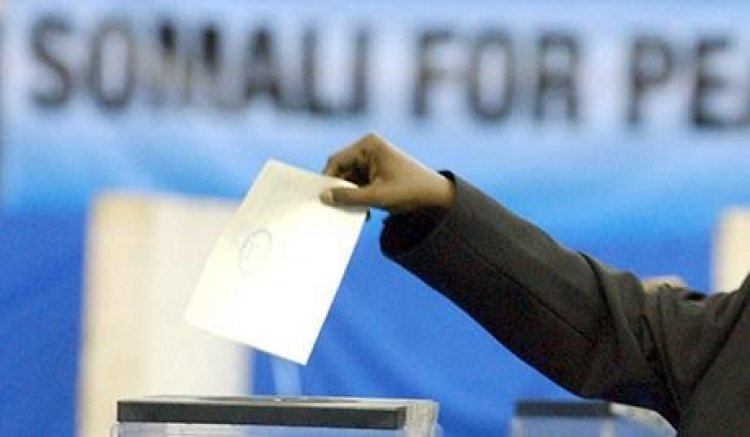Somali Federal Government announces that delayed elections will be held within 60 days

As the easternmost country in Africa, Somalia is located in the region known as the Horn of Africa. The country’s majoritarian religion is Islam, and great amount of its population following a nomadic way of life practicing pastoralism, with agriculture at the base of its economy. Due to the large-scale armed conflict that has taken place in Somalia and still goes on until today, insecurity, lack of state protection and recurring humanitarian crises that continue to severely affect Somalian population.
Last week, the Somali Federal Government announced that, after the months of deadlock over the votes, they reached an agreement with federal member states and elections would be held in the country within 60 days. The announcement was welcomed by organizations such as the UN Security Council, which was concerned after last two months uncertainty about the situation.
In February, the two-year mandate of President Mohamed Abdullahi Mohamed Farmajo expired without elections being held, leading to violent clashes in Mogadishu last April. The election process had become stagnant due to the lack of consensus among the Federal Government and the leaders of the states of Puntland and Jubaland on how to organize the elections.
In the announcement, Prime Minister Mohammed Hussein called it a “historic day” and expressed his full commitment to oversee “a fair and inclusive election process and I call upon the parties to reconcile and open their hearts to each other”.
For many, concerns are focused on the agreed 30 per cent women’s minimum quota in Somali’s parliament (which means 115 seats for women in the chamber), due to the failure to reach this quota on the previous 2016 election despite the existence of such quota since 2012. Only by accomplishing such standards, inclusive elections would be guaranteed, according to experts.

































